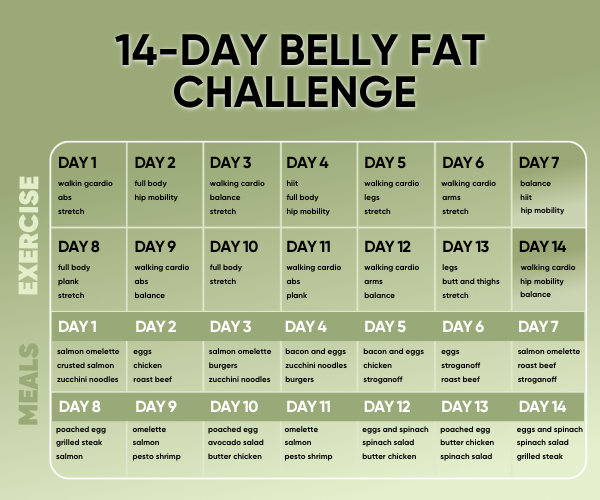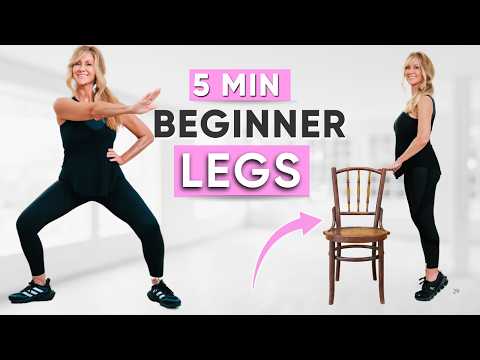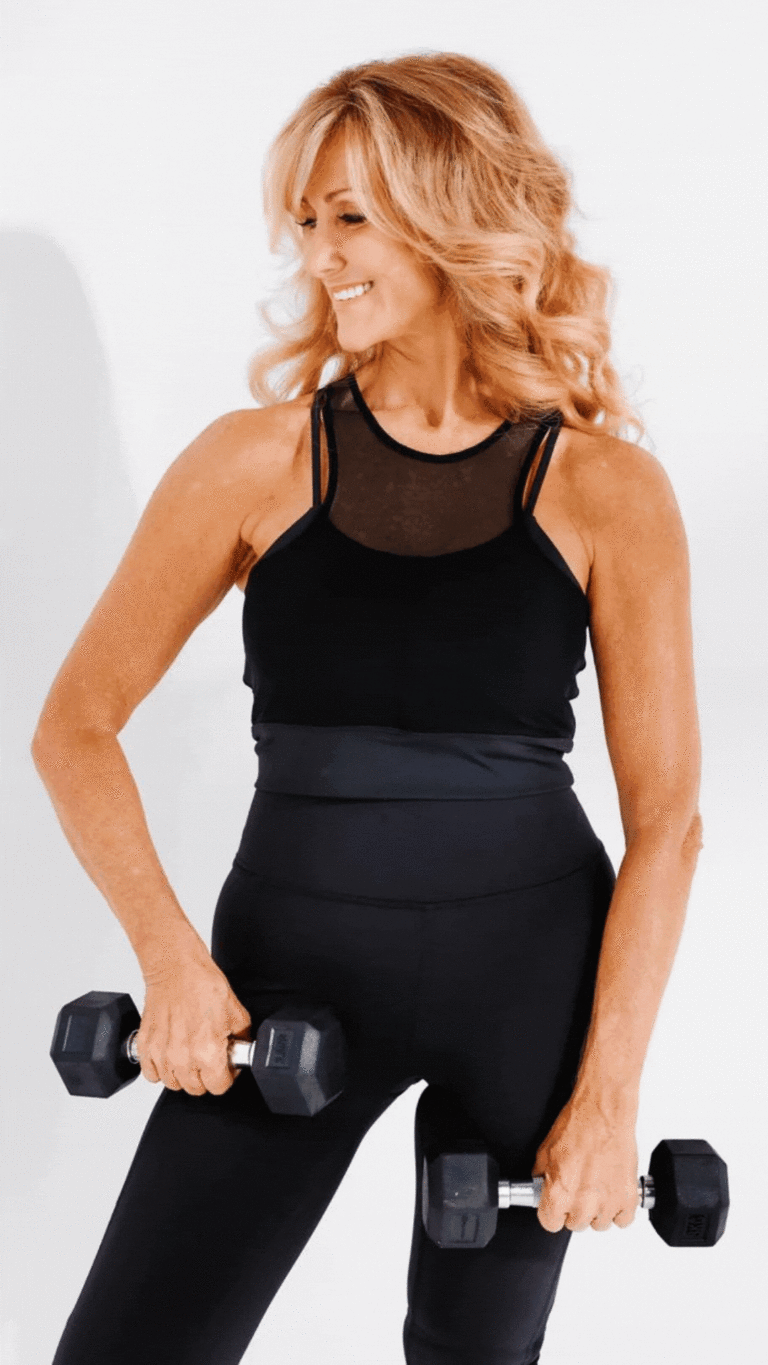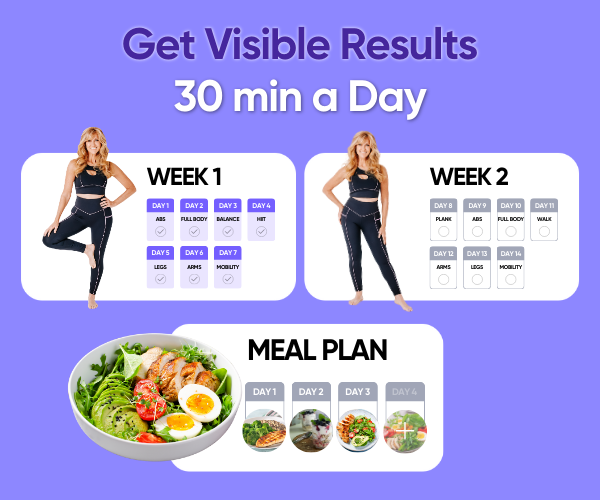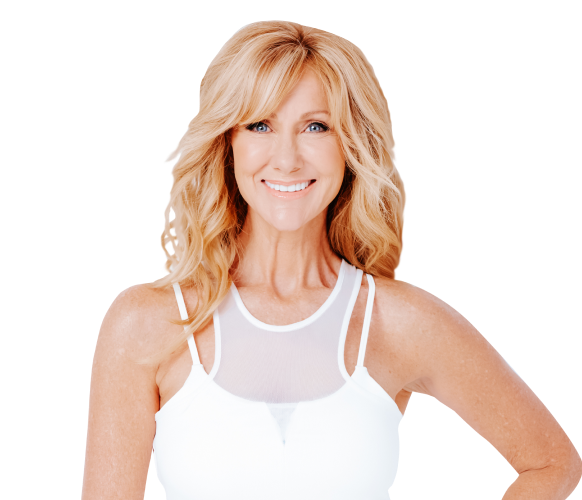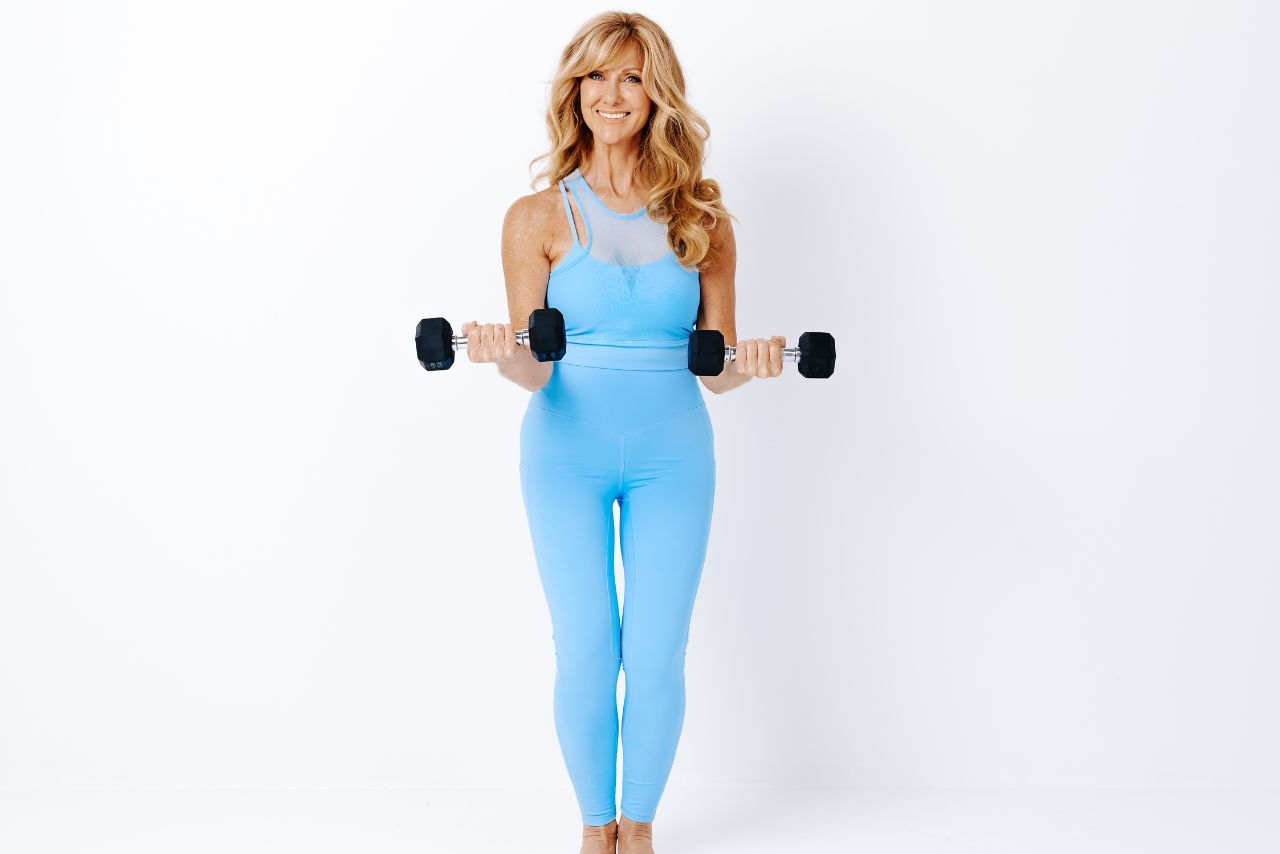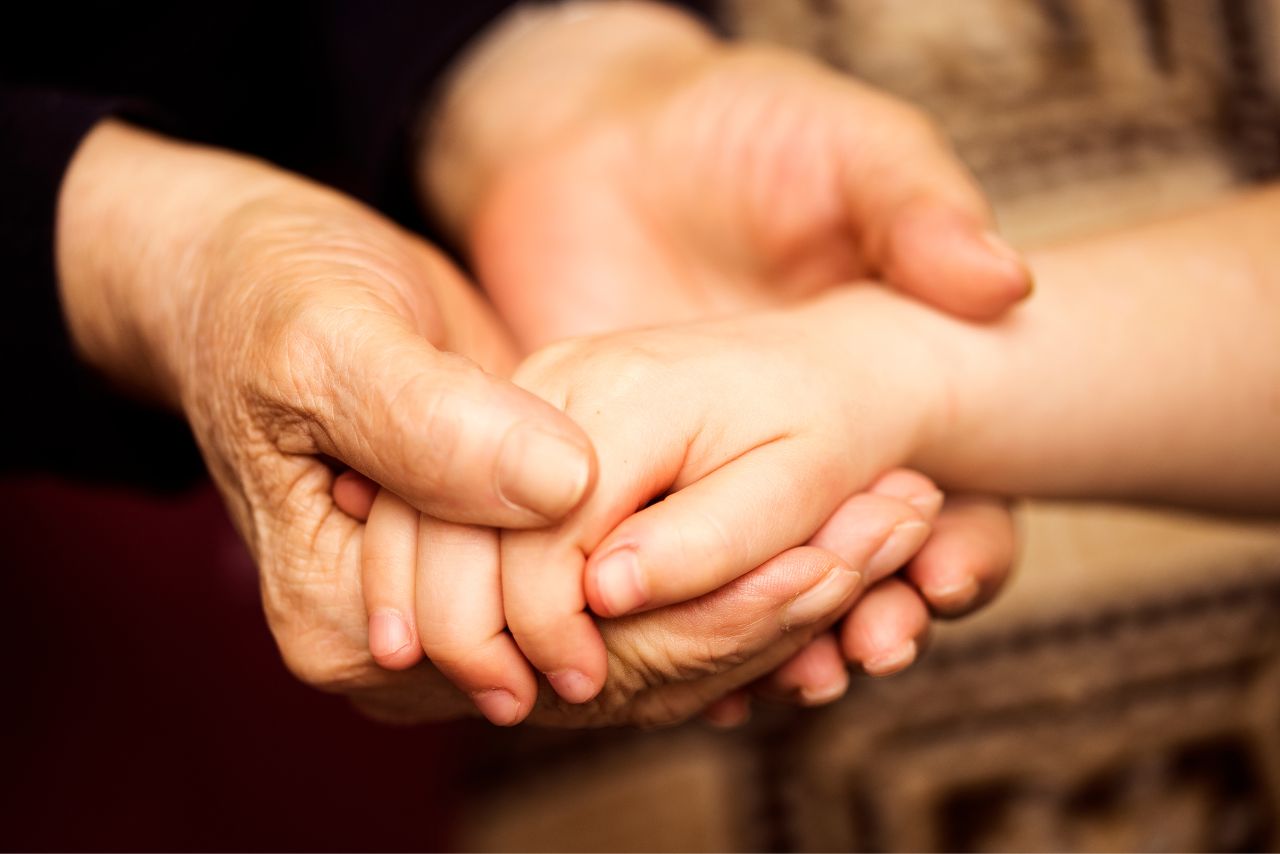
Protein is the foundation of muscle development, and for women over 50, it becomes even more essential. Keeping up our lean muscle mass is important for our health, our metabolism, and our strength as we age.
But you need the right nutrients to build and keep that muscle, and protein is at the top of the list.
And believe me, if you’re a woman over 50 who wants to stay healthy, active, and on your own, getting enough protein could be the key to your success.
Let’s explore how important protein is for muscle growth when you’re over 50;
Why Protein Is Important for Muscle Growth After 50

Protein is the very foundation of muscle repair, maintenance, and growth. As we age, something called sarcopenia starts creeping in. We lose muscle mass over time, which can make us feel weaker, more tired, and less stable on our feet.
What many women don’t realize is that protein intake for muscle building becomes even more essential in our 50s and beyond, not less.
Our bodies become less efficient at synthesizing protein as we age. That means we need more of it to get the same muscle-repairing benefits we used to get with less.
Without enough protein, your workouts won’t yield the results you deserve. Your muscles won’t rebuild as effectively. You won’t feel as strong.
Protein is made up of amino acids, the building blocks of muscle tissue. When you engage in strength training or any form of resistance exercise, your muscles experience tiny tears at the microscopic level. These tears are a natural part of the muscle-building process.
READ ALSO: How Much Protein Should I have A Day Women Over 50?
The Science Behind Protein and Muscle Growth

When you eat protein, your body breaks it down into amino acids, which are used to build and repair muscle tissue. When you lift weights, your muscles get slightly damaged (in a good way).
Protein then repairs the damage, making the muscle stronger and more defined. This process is known as muscle protein synthesis. It’s also the most important thing you can do to gain or keep lean mass.
The importance of protein for muscle growth can’t be overstated. If you don’t eat enough protein, this repair system stops working. This leaves your muscles open to more damage, especially after menopause when estrogen levels drop.
How Much Protein to Build Muscle After 50

The recommended protein intake for muscle development in women over 50 is higher than for younger women due to the natural decline in muscle mass that occurs with age.
Research suggests an intake of 1.2–2.0 grams of protein per kilogram of body weight per day for optimal muscle maintenance and growth (Phillips & Van Loon, 2011).
- For a Woman Weighing 70 kg (154 lbs):
- Minimum: 1.2g x 70kg = 84 grams of protein per day.
- Optimal: 1.5g x 70kg = 105 grams of protein per day.
- Maximum: 2.0g x 70kg = 140 grams of protein per day.
This range allows for flexibility based on your activity level, strength training routine, and dietary preferences.
It’s also smart to spread your protein intake across all meals rather than cramming it into dinner. Research also shows that distributing protein evenly helps stimulate muscle protein synthesis more effectively throughout the day.
Best Sources of Protein for Women Over 50

You don’t need to down chalky protein shakes or chomp on dry chicken breast all day. A variety of high-quality protein sources can keep your meals both nutritious and enjoyable:
Getting enough protein every day doesn’t have to be hard. There are many healthy and useful high-quality protein sources, such as:
1. Lean Animal Proteins
- Chicken Breast: A lean, versatile source of protein.
- Turkey: Low in fat, high in protein.
- Eggs: Contain all essential amino acids (a complete protein).
- Greek Yogurt: High in protein and probiotics for gut health.
- Fish (Salmon, Tuna, Mackerel): Rich in protein and omega-3 fatty acids for heart health.
2. Plant-Based Proteins
- Lentils and Beans: High in protein and fiber.
- Chickpeas and Hummus: A great protein-rich snack.
- Quinoa: A complete protein with all essential amino acids.
- Chia Seeds and Flaxseeds: Rich in protein and healthy fats.
- Tofu and Tempeh: Excellent plant-based protein options.
3. Protein Supplements
- Whey Protein: Rapidly absorbed, making it ideal post-workout.
- Casein Protein: Slowly digested, perfect for nighttime muscle repair.
- Plant-Based Protein Powders: Ideal for those who prefer vegan options (pea protein, hemp protein, or rice protein).
For the best nutrition for building muscle, eat protein with healthy fats and complex carbs. For example, roasted sweet potatoes with grilled salmon or a quinoa bowl with beans and avocado are both great examples of this.
READ ALSO: Can I Build Muscle Without Using Heavy Weights? Absolutely. Here’s How.
When to Consume Protein for Maximum Benefits

Timing is also very important when it comes to getting enough protein to build muscle. Here’s how to ensure you’re making the most of your protein consumption:
1. Post-Workout Protein (The Anabolic Window)
- It’s best for muscle growth and repair to eat protein within 30 to 60 minutes of strength training.
- Aim for 20-30 grams of high-quality protein after a workout.
2. Spread Protein Intake Throughout the Day
- Instead of having one large protein-rich meal, spread your protein intake across 3-4 meals.
- Each meal should contain around 20-30 grams of protein, which has been shown to maximize muscle protein synthesis.
3. Pre-Sleep Protein for Overnight Recovery
- Consuming a slow-digesting protein source like casein before bed can support muscle repair while you sleep.
- A Greek yogurt or a small protein shake can be perfect pre-sleep snacks.
How to Combine Protein with Resistance Training

Without the right stimulus, which is strength training, protein alone won’t help your muscles grow.
For women over 50, a balanced approach to strength training is essential:
- Perform Strength Training Exercises 3-4 Times Per Week: Focus on compound movements like squats, lunges, push-ups, and rows.
- Use Resistance Bands: These are gentle on the joints but effective for muscle stimulation.
- Vary Your Routine: Change your exercises every 4-6 weeks to keep your muscles challenged.
READ ALSO: How to Activate Your Muscles & Improve Your Workout: A Guide for Women Over 50
What Happens If You Don’t Get Enough Protein?

If your protein intake for muscle building is too low, especially in midlife, you may notice:
- Decreased muscle mass and strength
- Slower recovery after exercise
- Increased risk of falls or fractures
- Low energy and stamina
- Brittle hair and nails
Surprisingly, many of these signs are mistaken for “normal aging.” They’re not. They’re signs that your body needs better nutrition for building muscle.
READ ALSO: How to Build Muscle and Get Stronger Over 50
Common Mistakes to Avoid
Despite the importance of protein, many women make mistakes that prevent them from achieving their muscle development goals:
1. Not Eating Enough Protein
Solution: Calculate your daily protein needs and plan your meals accordingly.
2. Consuming Protein Only at Dinner
Solution: Spread your protein intake throughout the day for consistent muscle support.
3. Choosing Low-Quality Protein Sources
Solution: Prioritize whole, nutrient-dense protein sources over processed options.
4. Skipping Protein Post-Workout
Solution: Always have a protein-rich snack or shake after exercise to kickstart muscle repair.
Final Thoughts
Protein is more than just a food for women over 50; it’s a way to keep their strength, energy, and vitality.
With a balanced diet, regular strength training, and a focus on protein intake, you can get and keep a lean, toned body without worrying about getting too big.
Getting more protein to build muscle is one of the most empowering changes you can make, whether you’re new to fitness or just want to feel more stable and full of energy.
♡ Love ♡,
Schellea

